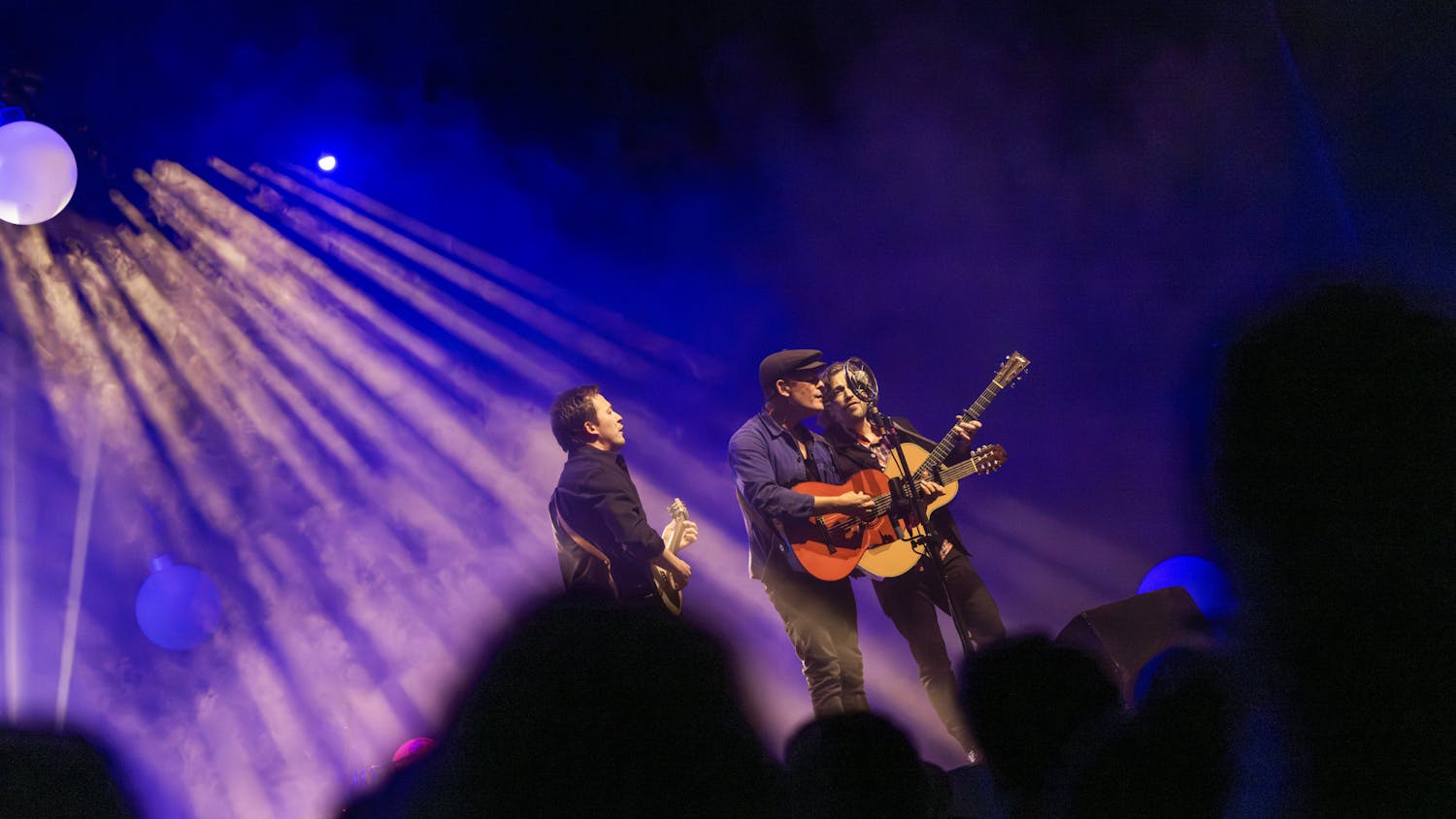On why I don’t want to be a professional rapper anymore.
On November 1, @DonaldGlover tweeted: “found some speakers. gonna play the album at Lancaster walk at Drexel around 7pm.” When I told my friends I was going to check it out, they were surprised: “Don’t you hate Childish Gambino?”
A few weeks ago, the rapper posted handwritten notes on his Instagram that spoke of anxiety and hinted at serious depression. Such naked admissions of insecurity and self-doubt for a rapper made the blog rounds. His last album dropped back in 2011 to mixed reviews: notorious Pitchfork rap critic Ian Cohen gave the album a career-crushing 1.6 calling it “preposterously self-obsessed, but not the least bit self-aware.” The review ages poorly, and feels cruel now. I guess that’s how I spoke about Gambino to my friends too.
At Drexel, a small crowd had gathered. As promised, Gambino walked out of the gym and began to chat. He stood with posture open and warm, and spoke of his depression in a quiet voice. Aware that he is an actor, the interaction was still powerful. By the time he let the record play, the crowd had swelled to over 100.
As the audience grew, the poignancy and honesty of the discussion dissipated. People chatted loudly over the exclusive material. At a Q&A, people asked about his love life, the features on the record, and shouted things at him without genuine concern for the answer. It wasn’t a listening party; it was a zoo.
Every rap lyric is statement of self. Laid bare before the listening public, you can choose to create a character like Rick Ross, or be yourself. The latter option is fraught with inexplicable loneliness. This became clear watching Gambino stand on a table fielding questions under the flashbulbs.
As for the album? I’m excited to spin it in full. If I don’t like it, this time I’ll just let it be.






